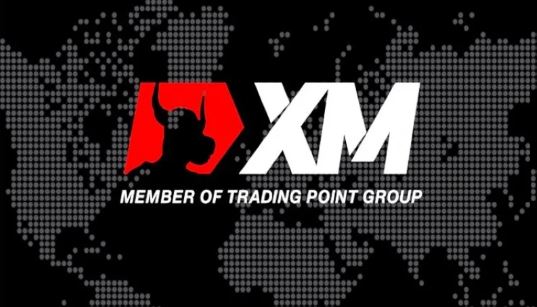Email Checks vs. Paper Checks: Which Is Better for Your Business?
When it comes to managing payments, businesses have more options today than ever before. Traditional paper checks have been a long-standing method of payment, but with advancements in technology, email checks (or digital checks) have emerged as a faster and more efficient alternative. Both options come with their own advantages and disadvantages, and the right choice depends on your business’s needs. In this article, we’ll compare email checks and paper checks to help you decide which option is better for your business.
1. Speed and Convenience
One of the most significant differences between email checks and paper checks is the speed at which payments can be made and received.
- Email Checks: Email check allow businesses to send payments instantly over the internet. Recipients receive the check via email, which they can either print and deposit or deposit electronically using a mobile banking app. The process is quick and eliminates the need for physical mailing.
- Paper Checks: On the other hand, paper checks require time for processing, printing, and mailing. Recipients must wait for the check to arrive, deposit it manually at their bank, and wait for it to clear. This can lead to delays, especially if checks are lost or delayed in the mail.
Verdict: If speed and convenience are priorities for your business, email checks are the better option.
2. Cost Considerations
Both paper and email checks come with costs, but they differ in the types of expenses involved.
- Email Checks: Sending email checks can be more cost-effective in the long run. There are no printing, paper, or postage costs, and many providers offer subscription-based services at a reasonable price. However, you may need to invest in software or platforms that facilitate email check payments.
- Paper Checks: With paper checks, businesses must factor in the costs of printing, paper stock, envelopes, and postage. Additionally, administrative costs associated with managing and mailing checks can add up over time.
Verdict: Email checks are generally more cost-effective than paper checks, especially for businesses that issue a high volume of payments.
3. Security
Security is a critical concern for businesses, particularly when handling financial transactions. Both email and paper checks come with risks, but digital technology offers additional security measures.
- Email Checks: Many email check services offer encryption, fraud detection, and password protection to ensure that payments are secure. Multi-factor authentication (MFA) and digital tracking also provide extra layers of security. However, cyber threats such as phishing and hacking are potential risks if proper security measures are not in place.
- Paper Checks: Paper checks can be prone to physical theft, forgery, and alteration. Once a paper check is mailed, it is difficult to track, making it more vulnerable to fraud. Businesses may need to invest in check security features like watermarks or holograms to mitigate these risks.
Verdict: Email checks tend to offer more advanced security features, though both methods require vigilance to prevent fraud.
4. Environmental Impact
Sustainability is becoming an important consideration for businesses looking to reduce their environmental footprint.
- Email Checks: Digital payments eliminate the need for paper, ink, and transportation. By sending checks electronically, businesses can contribute to a more eco-friendly approach, reducing waste and carbon emissions.
- Paper Checks: Traditional paper checks require paper, ink, and postage, all of which contribute to environmental waste. Over time, a business that processes many checks may generate significant amounts of waste.
Verdict: Email checks are the more environmentally friendly option compared to paper checks.
5. Recipient Preference
Ultimately, the best payment method may depend on your recipients’ preferences.
- Email Checks: Some recipients may prefer the speed and convenience of email checks, especially those who are tech-savvy and comfortable with digital banking.
- Paper Checks: However, some clients or vendors may still prefer traditional paper checks, particularly if they do not have access to electronic banking services.
Verdict: It’s essential to consider your recipients’ preferences before fully transitioning to email checks.
Conclusion
In the debate between email checks and paper checks, email checks generally come out ahead in terms of speed, cost, security, and environmental impact. However, the choice depends on your business’s specific needs and the preferences of your payees. For businesses looking to streamline their payment processes and reduce costs, email checks offer a modern and efficient solution.



